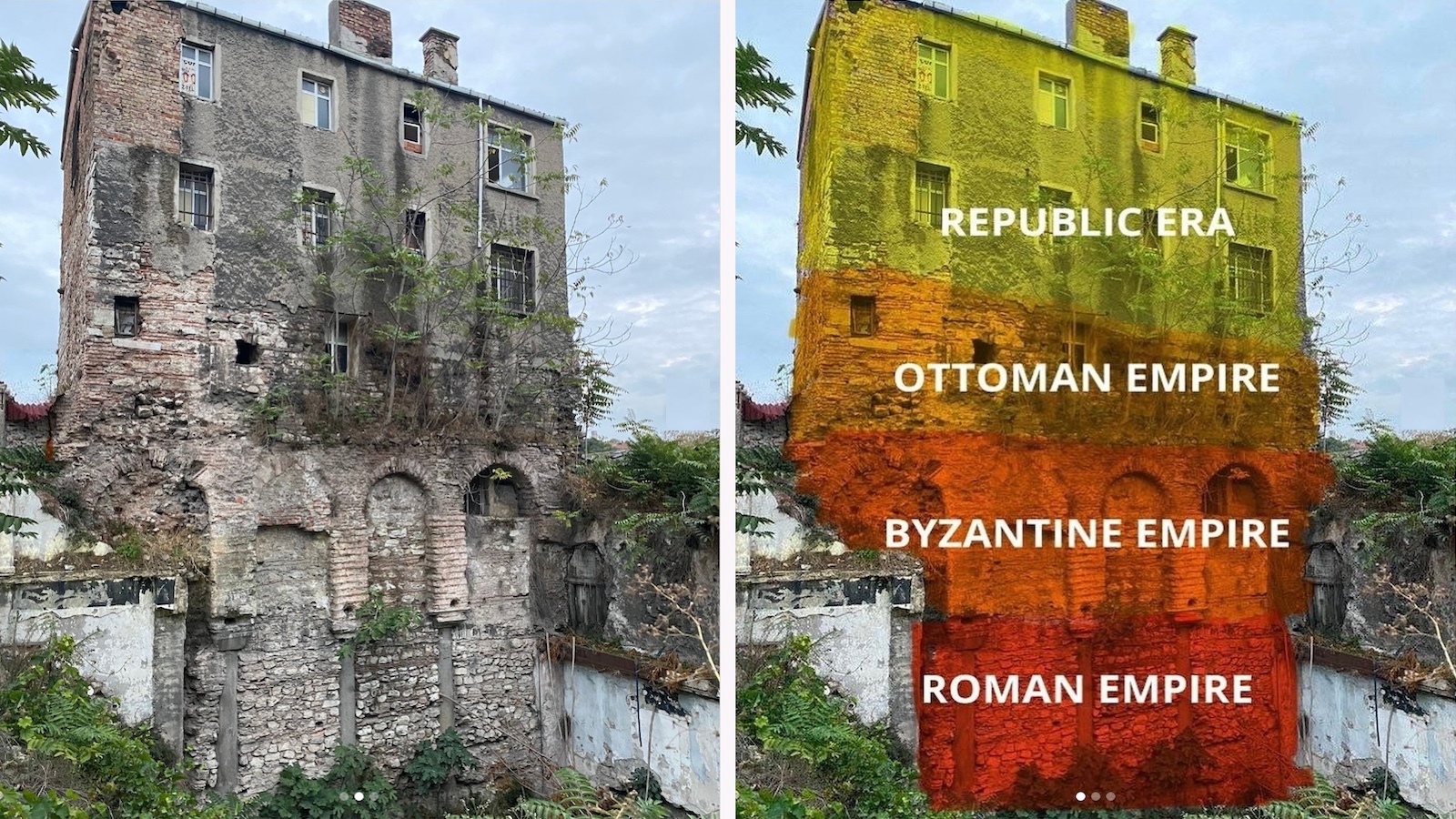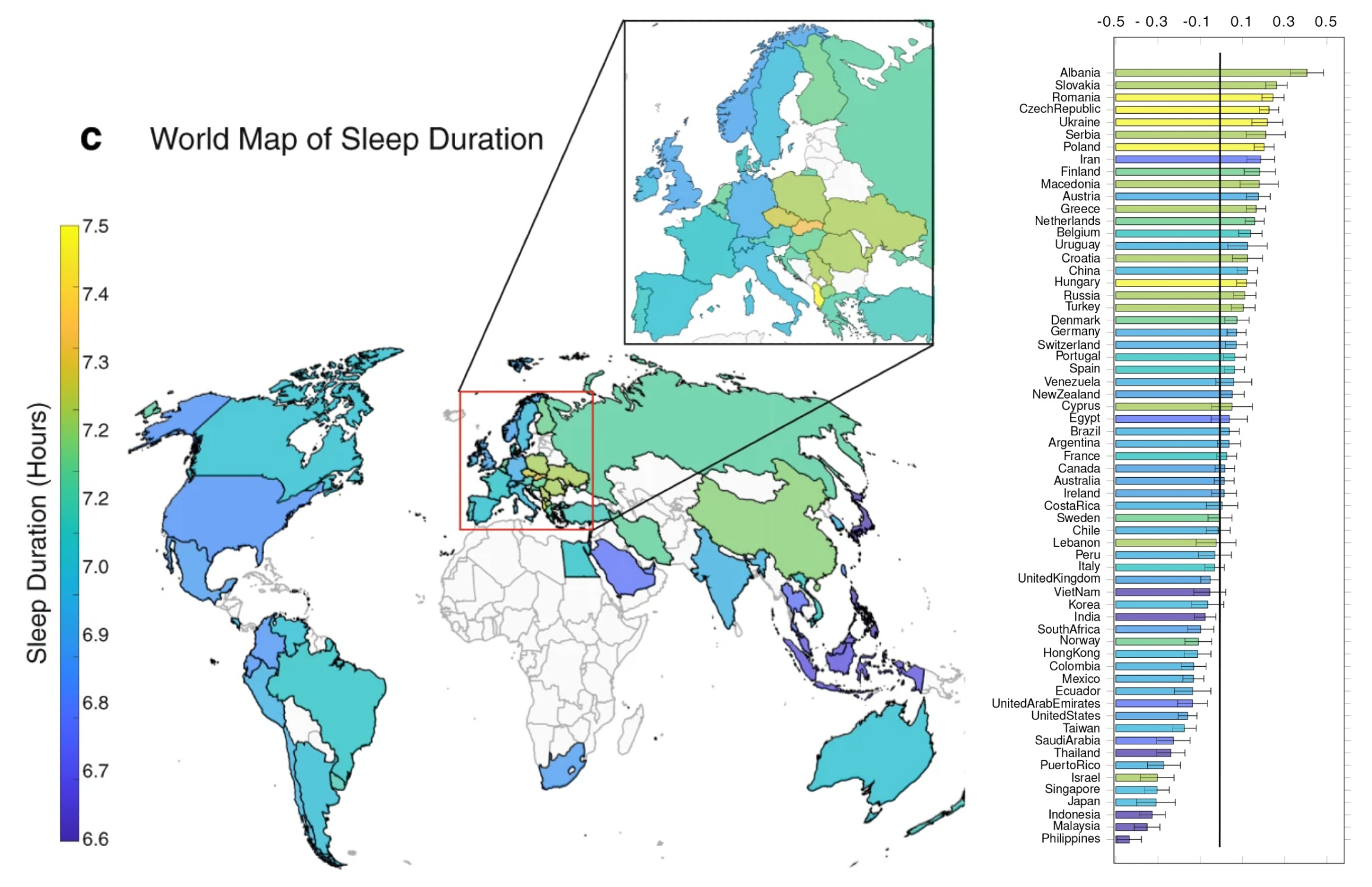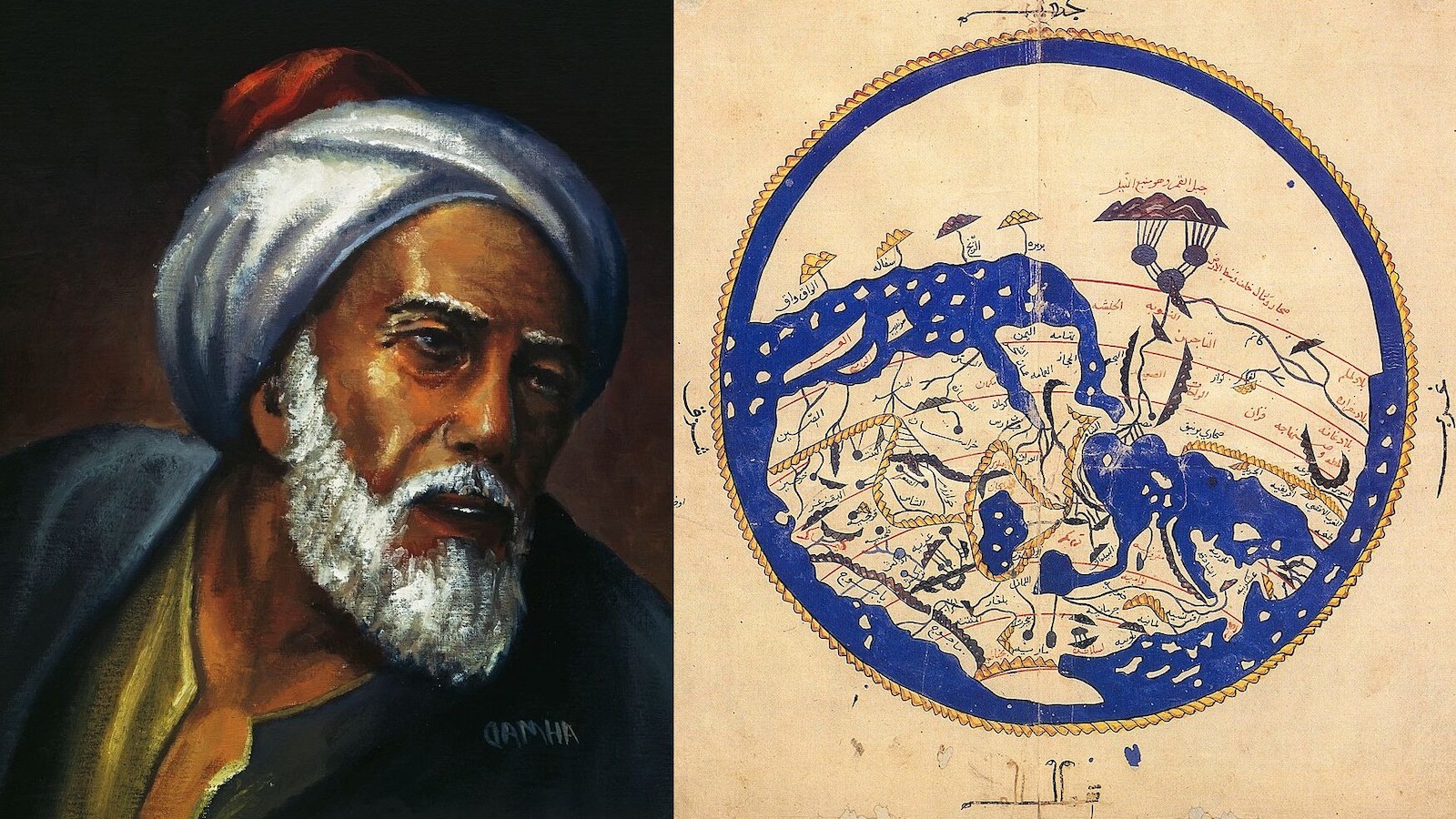This Muslim microstate could soon be the world’s smallest country

- Soon, the Vatican may no longer be Europe’s only theocratic microstate.
- In Albania, plans are underway to grant territorial sovereignty to the Bektashi Order.
- The Muslim state would allow alcohol and impose no dress restrictions on women, aiming to serve as an example of a moderate form of Islam.
On the eastern outskirts of Albania’s capital Tirana, a golden dome peeps across concrete walls topped with razorwire. This small compound, the world headquarters of an obscure Islamic sect, feels like it’s been transplanted from Jerusalem, where strict security and spiritual devotion go hand in hand. And if Albanian Prime Minister Edi Rama gets his way, this place will soon get its cue from another of the world’s religious nerve centers: Rome.
On September 21, Rama proposed that the campus of the Bektashi Order should be granted territorial sovereignty — a move that would create a religious microstate similar to Vatican City.
Enclaved entirely within Italy’s capital, the Vatican provides a territorial foothold for the Pope, who heads the Catholic Church. With an area of just 0.44 km2 (0.17 sq mi), it’s the world’s smallest sovereign country…for now.
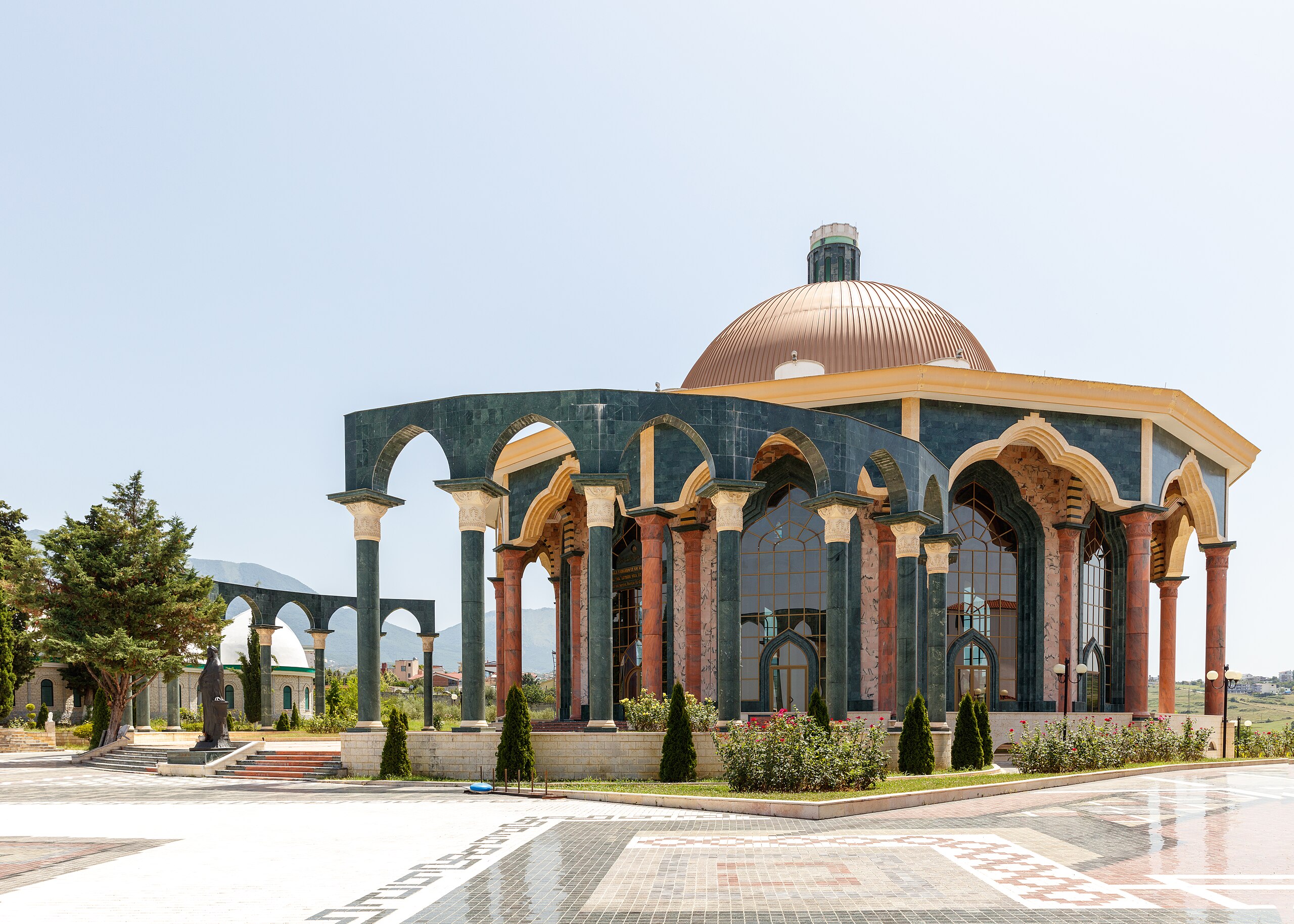
Referring to the tolerant version of Islam espoused by the Bektashi, Rama said: “We should take care of this treasure and never take it for granted.” A moderate Muslim microstate would send a clear message to the world: “Do not let the stigma of Muslims define who Muslims are.”
If the prime minister’s plan is approved by Albania’s parliament and the country’s constitution is duly amended, the Sovereign State of the Bektashi Order will comprise no more than 27 acres (0.11 km2, 0.04 sq mi, or 20 football fields). That’s just one-quarter the size of the Vatican, meaning the Bektashi state will be not only the world’s newest country but also its smallest.
From army officer to spiritual grandfather
Its ruler would be the Dedebaba (“Grandfather”), the Order’s spiritual head, currently Edmond Brahimaj, a 65-year-old former army officer who’s known to his followers as Baba Mondi. In an interview following Rama’s announcement, the religious leader offered some glimpses into his plans as sovereign leader of the Bektashi state.
Similar to the Vatican, the Sovereign State of the Bektashi Order would only grant citizenship to clerics and bureaucrats. The new nation would not have courts, border guards, or an army. In keeping with Bektashi tolerance, consuming alcohol would be allowed and women would not be subject to a dress code. The Order’s passports would be green, the color of Islam.
Territorial sovereignty would give the Order a higher profile globally and help in its fight against Islamic radicalism, Baba Mondi said. He hoped his Order’s moderate form of Islam could serve as an example to countries facing Islamic extremism, including Saudi Arabia, Qatar, the UAE, and also China. Over time, he said, the world would come to see his Sovereign State as a valuable contributor to peace, tolerance, and dialogue.

So, who are the Bektashi? Estimates of their global flock vary from 7 million to as many as 20 million. Albania is home to about 120,000 adherents — 5% of the total population. The Order’s origins go back to a 13th-century Sufi saint called Haji Bektash Veli, also known as the “Sultan of Hearts,” and the “Dervish of Dervishes.”
Originally Sunni, Bektashism adopted key tenets from Shia Islam over time. Its overall interpretation of religion is esoteric, syncretic, and humanistic. Bektashis gather not in mosques but in Sufi lodges, also known as tekkes.
Fatwa’ed by the Sultan, abolished by Atatürk
In addition to the five standard daily prayers, Bektashis have two additional prayers, at dawn and dusk, for the welfare of all humanity. Like Christians, they have a ritual meal and use an alcoholic beverage (rakia, a fruit brandy) as a sacramental element. Like Catholics, they confess their sins to their spiritual leader.
From Anatolia, the Order spread into the Balkans, becoming a vehicle for converting locals to Islam. Over time, it came to dominate the Janissary Corps, the elite military force of the Ottoman Empire — until the so-called Auspicious Incident in 1826, when the corps was disbanded after a failed coup and the Bektashi order banned by the Sultan’s fatwa.
The Order clung on but moved its headquarters to Albania in 1925 when Atatürk secularized the newly formed Turkish republic and abolished all dervish orders.
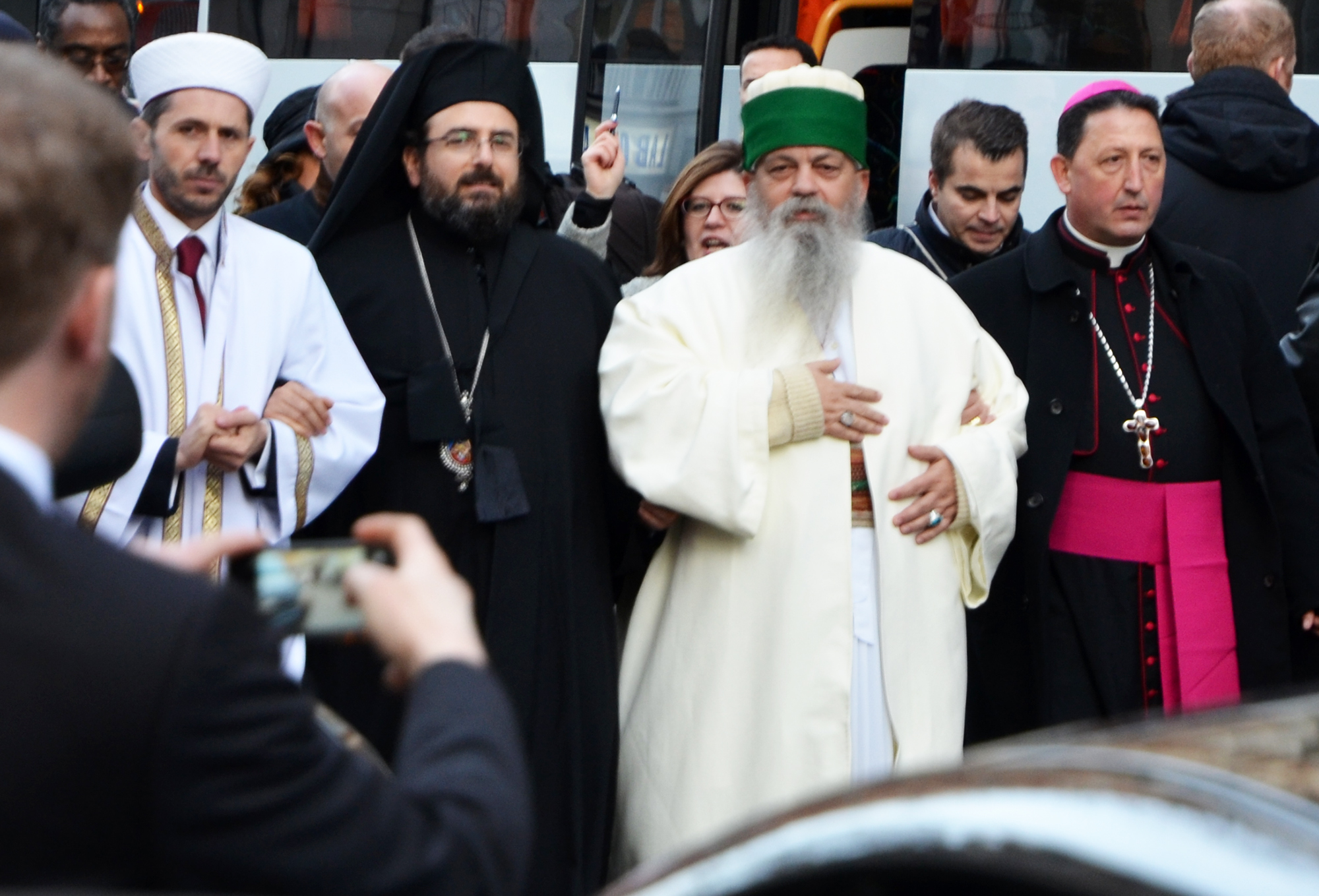
At its new location in Tirana, known simply as the Kryegjyshata, the Order flourished. Apart from its golden-domed headquarters, the campus also includes tyrbes (holy tombs of previous Debedabas); extensive archives on the Order’s history, including audio recordings of Bektashi musical traditions; and a museum and a library.
In 1967, however, the country’s Stalinist regime declared Albania the world’s first officially atheist state. Mosques, churches, and tekkes were either destroyed or reappropriated as cinemas, dance halls, or other secular buildings.
Critics of Bektashi sovereignty
The Bektashis revived their dormant and somewhat diminished domain in 1991, after the fall of communism. Territorial sovereignty for their headquarters would mark a recognition by the Albanian state of the importance of their particular brand of Islam as emblematic of the country’s overall religious tolerance.
About half of Albanians are Muslim, while 15% are Christian (about evenly divided between Catholic and Orthodox) and the remaining third are either unaffiliated, undeclared, or atheist. Albanian Christians and Muslims often participate in each other’s religious feasts and ceremonies.
On a visit in 2014, Pope Francis praised Albania’s religious tolerance as an example for the world. That message may soon be echoed by another religious leader — now also with his own state.
It must be said, however, that the plan for Bektashi sovereignty also has its critics. The Alevi-Bektashi Federation in Turkey has issued a statement saying that “the concepts of Bektashism and a religious state are incompatible with each other.” And in Albania itself, some see the plan first and foremost as a distraction from the domestic scandals that are plaguing Edi Rama’s government.
Strange Maps #1258
Got a strange map? Let me know at [email protected].
Follow Strange Maps on X and Facebook.

